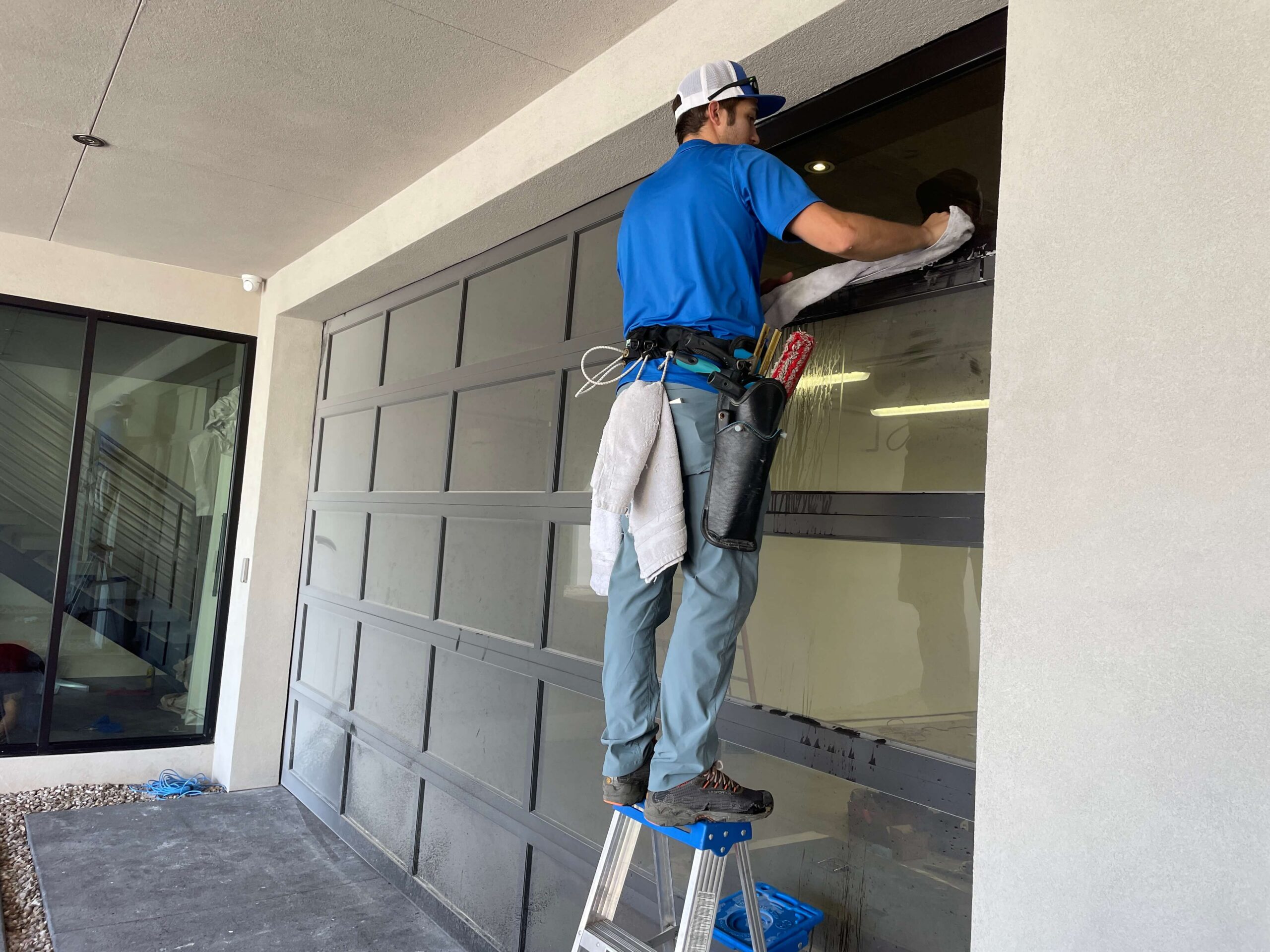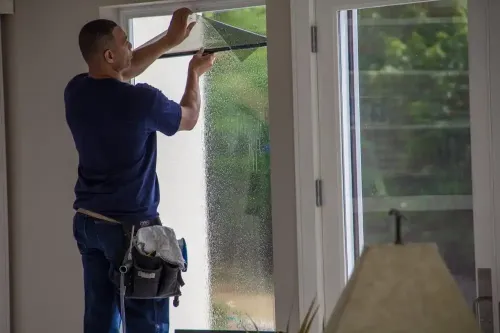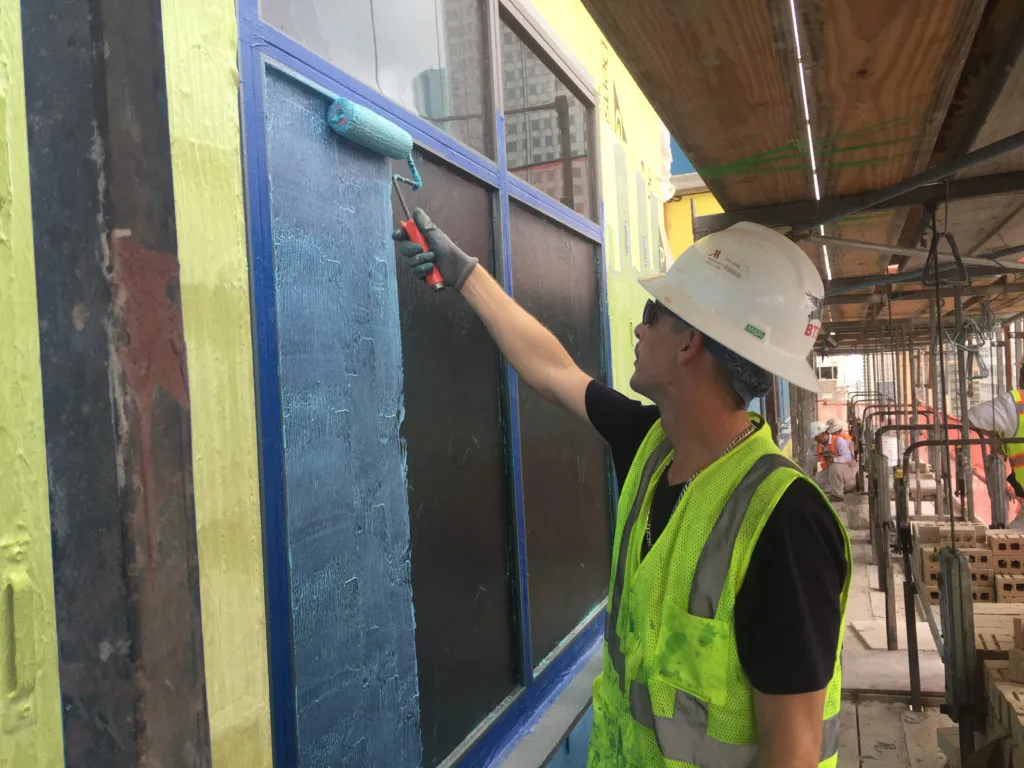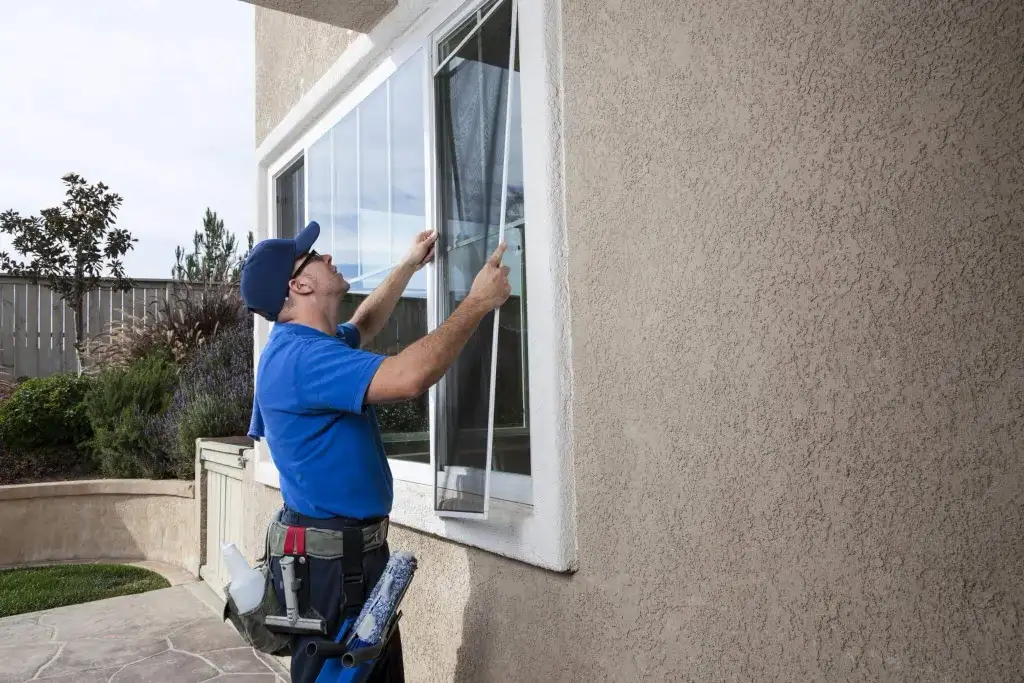Window Washing: DIY or Hire a Professional?
When it comes to window washing, deciding whether you should do the job yourself or hire a professional can be tricky. After all, doing it yourself may sound like the easier and more cost-effective option, but often that’s not the case. Both paths have their advantages and disadvantages, so it helps to understand your options before making any decisions. In this blog post, we’ll discuss some of those pros and cons in order to ensure that you make an informed decision when it comes time to decide between DIY window washing or hiring a pro!
Pros and Cons of Doing It Yourself vs. Hiring a Professional Window Cleaner
Pros and Cons of Doing It Yourself
Pros:
- Cost Saving: DIY window washing can potentially save you money, especially if you already own the necessary equipment or if the job is relatively small.
- Flexible Timing: You can choose when to clean your windows based on your schedule rather than coordinating with a professional service.
Cons:
- Time-Consuming: Cleaning windows, especially those that are large or high, can be a time-consuming task that may stretch over a few days.
- Risk: Without the proper equipment or training, cleaning windows can be a risky job, particularly when working on multi-story buildings.

Pros and Cons of Hiring a Professional Window Cleaner
Pros:
- Expertise: Professional window cleaners have the skills and training to carry out the job efficiently and safely. They know how to handle different types of windows and can spot potential problems.
- Time-Saving: Hiring professionals frees up your time to focus on other tasks or activities.
Cons:
- Cost: Professional services tend to be more expensive than doing the job yourself, especially for larger or more complex tasks.
- Appointment Required: You must schedule an appointment, which might not always align with your preferred timing.
How to Choose the Best Window Cleaning Equipment
When it comes to professional window washing, the right tools can make a world of difference. Here are some things to consider when choosing window cleaning equipment:
- Type of Windows: The first factor to consider is the type and size of your windows. Different tools may be required for large picture windows versus small casement windows.
- Safety Equipment: If you have high windows or a multi-story home, safety equipment such as a sturdy ladder, harness, and non-slip shoes are essential.
- Cleaning Solutions: A good quality window cleaning solution can make the job easier and leave your windows streak-free. Eco-friendly options are also available.
- Squeegees and Scrubbers: A good quality squeegee and scrubber are the main tools used in window cleaning. Choose a squeegee with a sharp, smooth rubber blade and a sturdy handle.
- Extension Pole: An extension pole is helpful for reaching high windows without the use of a ladder.
- Microfiber Cloths: These are great for polishing and leaving a streak-free shine after the window has been washed.
Remember, investing in the right window cleaning equipment can make the task less cumbersome and more efficient.
Window Cleaning Tips and Techniques
When it comes to window cleaning, there are several tips and techniques that can make the job easier and more efficient.
- Preparation: Start by removing any blinds or curtains to ensure you have clear access to the windows. Use a brush or a dusting cloth to remove any loose dirt and dust from the window frame and sill.
- Two-Step Cleaning: For best results, clean your windows in two stages. First, use a soapy water solution to remove the dirt and grime. Then, use a squeegee and clean water to rinse and remove the soap, wiping the squeegee blade clean between each stroke.
- Top to Bottom Approach: Always clean from the top down. This prevents dirty water and soap from dripping onto the glass you’ve already cleaned.
- Wipe Dry: After cleaning, use a microfiber cloth to wipe the window dry. This helps prevent streaks and water spots.
- Clean on a Cloudy Day: It’s best to clean your windows on a cloudy day. Direct sunlight can cause your window cleaning solution to dry too quickly, leaving streaks behind.
- Regular Cleaning: Regular cleaning is the key to maintaining sparkling windows. Depending on your home’s location and the local climate, you might need to clean your windows anywhere from once a month to once every few months.
Keep these tips and techniques in mind the next time you’re tasked with window cleaning, whether you decide to DIY or hire a professional!
Advantages of Using Professional Window Cleaners
When using professional window cleaners, you are not only paying for a service but also for peace of mind. Below are a few notable advantages:
- Quality Results: Professionals have the right tools, techniques, and experience to achieve superior cleaning results. This expertise means they can tackle stubborn stains and leave your windows looking pristine.
- Safety: Cleaning windows, particularly those that are high up or hard to reach, can be dangerous. Professionals are trained to handle such situations safely, using appropriate safety equipment.
- Longevity of Your Windows: Regular professional cleaning can extend the life of your windows. Professionals can identify issues like scratches, cracks, or ill-fitted windows early, preventing further damage.
- Comprehensive Service: Many professional window cleaners also offer additional services like gutter cleaning, pressure washing, or solar panel cleaning. This means you can take care of several maintenance tasks in one go.
- Time-Saving: Instead of spending your weekend balancing on a ladder, you can spend it doing things you enjoy. Let the professionals handle the work while you focus on other aspects of your life.
Remember, although professional window cleaning might seem more expensive initially, the long-term benefits often outweigh the costs.

Potential Hazards of DIY Window Washing
While DIY window washing can seem like a cost-effective choice, it isn’t without its hazards. Here are some potential risks associated with DIY window washing:
- Inappropriate Use of Equipment: Without proper training, it can be dangerous to use certain cleaning equipment. A ladder, for example, can be a safety hazard if not used correctly, leading to falls or other injuries.
- Risk of Damage: Without the correct knowledge and tools, you could inadvertently cause damage to your windows or frames, leading to expensive repairs.
- Exposure to Chemicals: Some window cleaning solutions contain harsh chemicals. Without proper protection, these chemicals may pose health risks through skin contact or inhalation.
- Time Consumption: If you’re inexperienced, window washing can be a time-consuming task. This might lead to rushed cleaning, which can result in an unsatisfactory outcome or even accidents.
- Physical Strain: Window cleaning can be physically demanding, especially when cleaning high or hard-to-reach windows. This could lead to muscle strain or fatigue.
Always take these potential hazards into account when deciding between DIY window washing and hiring a professional. Remember, safety is paramount.
Essential Safety Gear for DIY Window Washing Projects
For those who decide to undertake DIY window washing, equipping yourself with safety gear is of utmost importance. Here are some essentials to consider:
- Safety Glasses: These will protect your eyes from cleaning solution splashes or any debris. Look for anti-fog, scratch-resistant pairs with UV protection.
- Non-Slip Gloves: Gloves will not only keep your hands clean, but will also provide a better grip on your cleaning tools, reducing the risk of slips.
- Ladder Safety Accessories: If you’re using a ladder, consider purchasing ladder stabilizers for added security. Non-slip rubber feet can also help prevent the ladder from sliding.
- Safety Harness: For multi-story buildings, a safety harness is a crucial piece of equipment. It provides support and prevents falls.
- Protective Footwear: Shoes with non-slip soles are preferred when cleaning windows. They provide traction and prevent potential falls.
- Respiratory Protection: If you’re using a cleaning solution with harsh chemicals, a face mask or respirator can provide protection from inhaling any harmful fumes.
Remember, no cleaning project is worth risking your safety. Always prioritize your well-being and if in doubt, consider hiring a professional.
It’s important to note that even with the best safety measures in place, accidents can still happen. It’s always better to err on the side of caution and seek professional help if you feel uncomfortable or unsure about any aspect of DIY window washing. Being safe is always better than being sorry.
https://www.google.com/maps?cid=10335614197454343728




